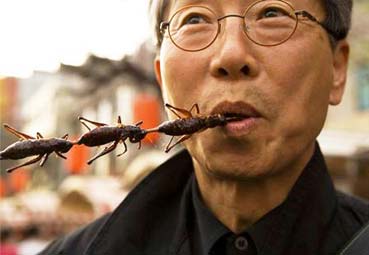Can Food Define a Culture of a Country?
Each culture has its own significant dishes, from English fish and chips to Indian curries and Italian pastas. While most people in the western world today have quite rich and varied tastes, and have had the privilege of sampling signature dishes from all over the world, there are still some major differences in the diets of different cultures. In 1825, Jean Anthelme Brillat-Savarin, a well-known gastronome, is quoted as having said “Tell me what you eat and I will tell you who you are”.
Brillat-Savarin was right. Our tastes are shaped by the foods that we grow up eating. The question is, can food define a culture as well as it can a person? Many people believe that it can. Vietnamese people think nothing of eating balut, a boiled egg that was fertilized and actually has a partially developed embryo inside of it. To an American or an Englishman, such a dish is most likely repugnant. On the other hand, the Chinese think that the thought of eating cheese is disgusting.
 So, how can food define a culture?
So, how can food define a culture?
Our tastes partly represent our cultures. Many of the cultures that eat insects today started doing so out of necessity during periods when their economy was struggling. They continue to eat the foods today because they have acquired the taste for them. A food that was once eaten simply to survive is now considered a rich treat. The same is even true for dishes such as truffles. Peasants enjoyed eating truffles for many centuries, but because the fungi were so rare, they became a delicacy in the 19th century. Even today, truffles are hard to cultivate, and are incredibly expensive. Many chefs resort to using truffle oil, which is simply olive oil with artificial flavorings added to it, instead of sourcing genuine truffles.
The food we eat can say a lot about where we grew up. If you trace the origins of those foods, you can learn about the history of your culture.
Can food define a culture in the modern world?
Well, people who grew up in big cities that are a melting-pot of different cultures tend to be open-minded about what they eat, while those who grew up in smaller villages frequently have simpler tastes. So, it seems that your tastes in food can say a lot about who you are and where you grew up.